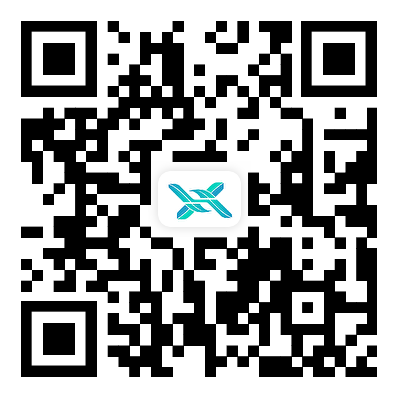
Custom development of ADA antibodies
Immunogenicity of a drug refers to its ability, and/or that of its metabolites, to induce an immune response or immune-related event against itself or related proteins. With the increasing research and development of new drugs, especially therapeutic protein drugs, in China, research related to immunogenicity is becoming increasingly widespread.
Background
Immunogenicity of drugs refers to the ability of a drug and/or its metabolites to induce an immune response or immune-related events against itself or related proteins. With the increasing number of new drugs, especially therapeutic protein drugs, in China, research on immunogenicity is becoming increasingly widespread.
According to the latest guidelines issued by the FDA, the assessment of drug immunogenicity is a holistic risk-based study, usually running throughout the entire process of biotechnological drug development until post-market. Therefore, the study of drug immunogenicity needs to be continuously carried out in the preclinical and clinical research stages, and is an important part of preclinical and clinical development. Drug immunogenicity can induce the body to produce anti-drug antibodies (ADA) and/or neutralizing antibodies (NAb). Based on its existing hybridoma platform, Creek Bio can quickly and efficiently customize and develop ADA detection-related positive control antibodies for customers.
Service Content
| Process | Cycle | Delivery Standard |
Immunological and Serum Titer Detection • Final animal blood collection | Pre-immunization blood collection | Day 1 |
|
First immunization (antigen plus Freund's complete adjuvant) | Day 1 | ||
Second immunization (antigen plus Freund's incomplete adjuvant) | Day 14 | ||
Third immunization (antigen plus Freund's incomplete adjuvant) | Day 28 | ||
Blood collection and ELISA detection | Day 35 | ||
Fourth immunization (antigen plus Freund's incomplete adjuvant) | Day 42 | ||
Blood collection and ELISA detection | Day 49 | ||
Boost immunization (antigen dissolved in PBS or saline) | 3 days before fusion | ||
| Cell fusion and screening • Cell fusion • Fusion screening • Subcloning and cell expansion • Cell line cryopreservation | Cell fusion and screening | 2-3 weeks |
|
Subcloning and cell expansion | 3-4 weeks | ||
Cell line cryopreservation | 1 week | ||
Specificity screening: • ELISA screening for strongly positive Fab or F(ab’)2 clones that do not react or react weakly with isotype control IgG1; • Competitive ELISA screening for clones with neutralizing activity. | |||
| Antibody production and purification • Culture of 2 monoclonal hybridoma cell lines • Protein A/G purification of antibodies • ELISA detection • Purity detection | Hybridoma cell culture | 2 weeks |
|
| Antibody purification | 1 week | ||
| ELISA detection, SDS-PAGE detection, concentration detection | 1-2 weeks | ||
Remarks: 1. At each node (antiserum, fusion screening, subclone screening, antibody purification), screening is performed using hIgG1 to remove cross-reactivity; 2. Antibody delivery standard: (1) 1-2 strains of monoclonal hybridoma cell lines secreting anti-ADA (2) Purity >95% (SDS-PAGE); antibody concentration >0.5mg/ml; purified antibody indirect ELISA titer >20,000-fold dilution; cross-reactivity with hIgG1 control antibody <2%; (3) COA document. | |||
Documents


